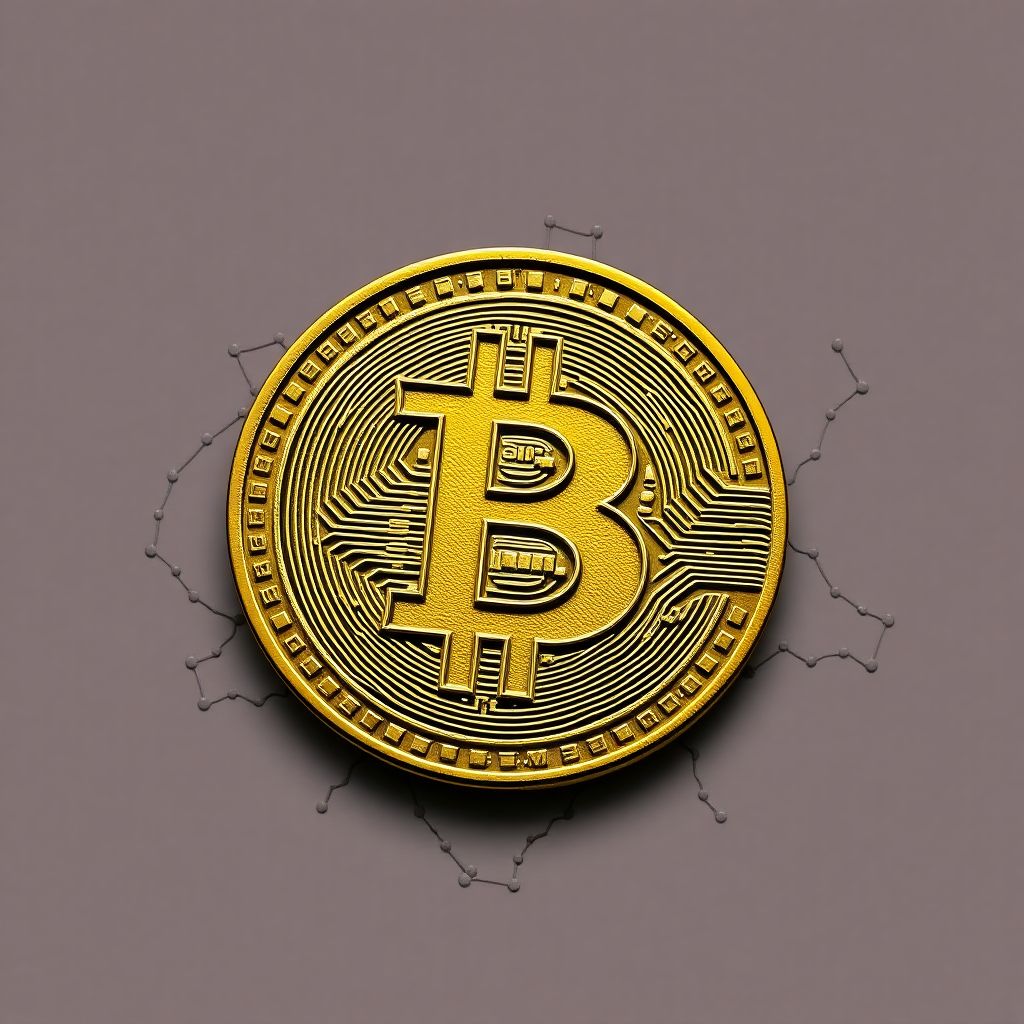A deep division is currently unfolding within the Bitcoin development community, threatening to create the most significant internal rift the network has seen since the block size wars nearly a decade ago. At the center of the controversy lies the OP_RETURN function—a feature in Bitcoin’s code that allows users to embed arbitrary data within transactions. Recent changes to this function have ignited a fierce debate over Bitcoin’s identity, purpose, and long-term sustainability.
The tension stems from a recent update in Bitcoin Core version 30, which expanded the OP_RETURN data limit from 80 bytes to a staggering 100,000 bytes. While some developers hailed the move as a step forward for innovation—enabling more complex applications and use cases on the blockchain—others viewed it as a dangerous deviation from Bitcoin’s original intent as a peer-to-peer monetary network.
Critics argue that this expanded capacity could turn Bitcoin into a decentralized data-hosting platform, potentially allowing harmful or illegal content—such as child sexual abuse material (CSAM)—to be permanently embedded into the blockchain. Since Bitcoin is immutable by design, once such data is recorded, it cannot be removed, raising serious ethical and legal concerns for node operators worldwide.
In response, Bitcoin developer Dathon Ohm has proposed a controversial countermeasure: BIP-444, a Bitcoin Improvement Proposal that would introduce a temporary consensus-level restriction on arbitrary data storage. This would effectively limit or disable OP_RETURN functionality to prevent misuse, while preserving Bitcoin’s monetary focus.
Ohm argues that the rapid adoption of Bitcoin Core v30 necessitates urgent action. He credits long-time developer Luke Dashjr for first raising concerns about OP_RETURN abuses years ago, and says BIP-444 builds upon those early warnings. The proposal is still in the testing phase, with both proactive and reactive deployment strategies under review.
However, not everyone agrees with Ohm’s vision. Opponents of BIP-444 emphasize Bitcoin’s foundational principles of decentralization, censorship resistance, and neutrality. They argue that any attempt to restrict how users interact with the blockchain, even for well-intentioned reasons, risks opening the door to external interference and regulatory capture.
One developer voiced concern on GitHub, stating that Bitcoin should not become a content moderation platform, and that the ability to store arbitrary data helps protect its status as trustless, decentralized money. Others warned that focusing on legal compliance could give governments undue influence over Bitcoin’s future.
Ohm, however, maintains that while Bitcoin’s protocol remains permissionless, individuals operating full nodes must still consider the real-world legal implications of storing illicit content. According to him, ignoring this issue could eventually lead to criminal liabilities and jeopardize the network’s legitimacy.
As debate intensifies, some developers are openly suggesting that the disagreement could lead to a hard fork—a split in the Bitcoin blockchain that would result in two incompatible versions of the network. This would not only divide the community but also potentially dilute the value and trust in Bitcoin itself.
Veteran developer Luke Dashjr has described the expansion of OP_RETURN as “insanity,” warning that it transforms Bitcoin from a financial tool into a data landfill. Jason Hughes, VP of Development at Ocean Mining, went even further, claiming that the current trajectory risks turning Bitcoin into a “worthless altcoin” and undermining its foundational principles.
Meanwhile, other voices in the community have proposed alternative solutions. Bitcoin engineer Peter Todd has suggested that instead of a hard fork, developers could implement a soft fork that requires OP_RETURN data to be formatted as valid hashes or public keys. This approach would retain backward compatibility while making it more expensive to publish arbitrary data, thus discouraging spam without disrupting the network.
The OP_RETURN debate is far from purely technical. It also represents a philosophical clash over what Bitcoin should be. Should it remain a minimalistic, censorship-resistant monetary protocol? Or should it evolve into a more versatile platform capable of supporting broader applications like NFTs, smart contracts, and decentralized data?
Some developers argue that restricting OP_RETURN stifles innovation. Others counter that Bitcoin was never meant to compete with platforms like Ethereum, and that trying to turn it into a multi-purpose blockchain undermines its unique value proposition as a secure, predictable, and stable store of value.
This isn’t the first time Bitcoin has faced existential questions. The block size war of 2015–2017 similarly revolved around conflicting visions for Bitcoin’s scalability and purpose. That debate eventually led to the creation of Bitcoin Cash, a hard fork that sought to increase block sizes for faster transactions but ultimately failed to capture the same level of adoption and trust.
What makes the current conflict particularly sensitive is the global regulatory environment. Lawmakers in several countries are becoming increasingly critical of blockchain networks that can host illegal content. If Bitcoin is seen as enabling criminal activity, future crackdowns could be severe, potentially targeting node operators, miners, or even developers.
Thus, the OP_RETURN controversy is not just a debate about code—it’s a high-stakes decision that could shape Bitcoin’s future for years to come. Whether the community chooses to hard fork, soft fork, or maintain the status quo, the outcome will likely redefine what Bitcoin is and what it can be.
Looking ahead, it’s clear that consensus will be difficult to achieve. The Bitcoin community is notoriously decentralized, with no central authority to impose a unified direction. While this is a strength in terms of resilience and censorship resistance, it also makes resolving fundamental disagreements extremely challenging.
In the short term, developers will continue testing BIP-444 and exploring other technical alternatives. But the broader community—node operators, miners, investors, and users—will also need to engage in thoughtful discussions about Bitcoin’s core purpose.
Ultimately, the conflict over OP_RETURN highlights a deeper question: Should Bitcoin remain narrowly focused on being digital gold, or should it embrace a wider role in the decentralized web? The answer will define not just the future of Bitcoin, but the future of decentralized networks as a whole.

